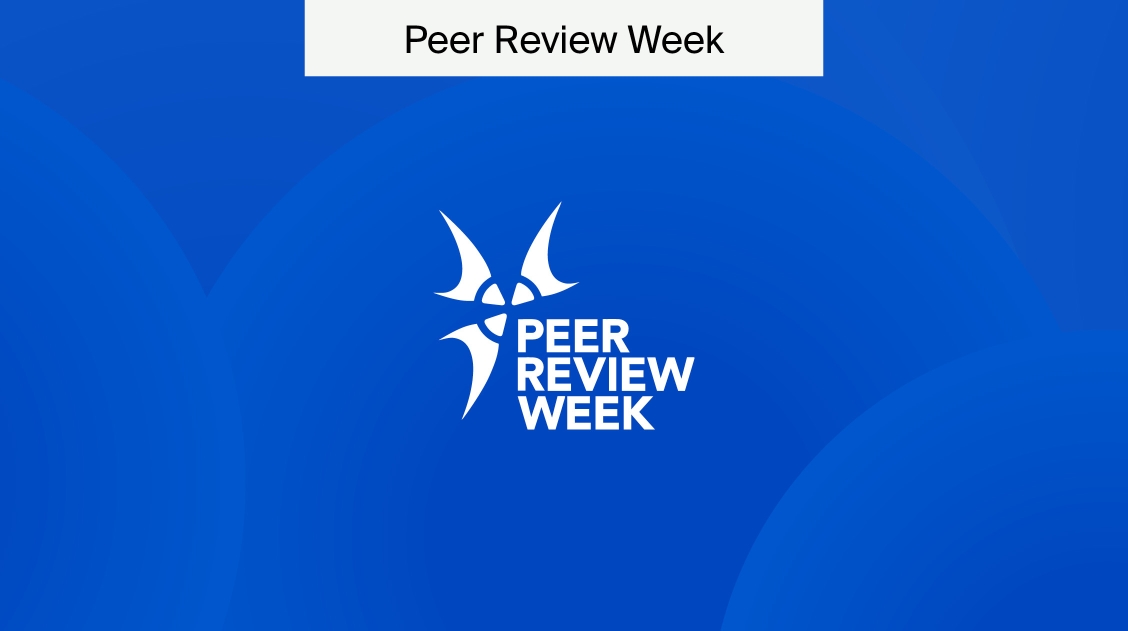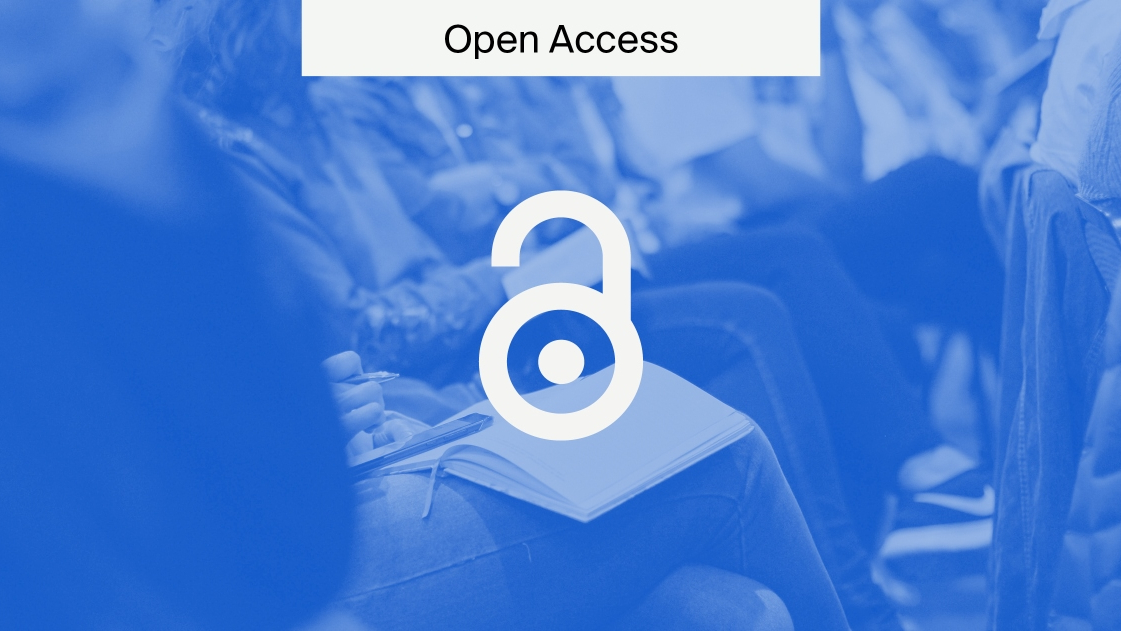
Interview with Difan Lin, Project Manager of Eureka – Reviewer Recommender
Peer review is a cornerstone of scientific publishing, ensuring that research is thoroughly evaluated before it reaches the public domain. This process enhances the credibility and reliability of published work, by allowing experts in the corresponding area of expertise to examine the methodology, validity of findings, and overall contribution to existing knowledge.
In the context of open access, where research is freely available to all, rigorous peer review safeguards the quality of information published to a broader audience, including researchers, practitioners, and the public. It helps maintain scientific integrity and trust, encouraging teamwork and promoting new ideas while preventing the spread of misinformation.
To ensure that the integrity of the peer review process is upheld, it is essential to find the most qualified reviewers within the scope of a manuscript. However, this can be a daunting task in an environment where the number of manuscripts submitted for peer review is increasing, creating the additional challenge to not only find qualified reviewers, but to also ensure that they have the time and capacity available.
As one measure to streamline the process and limit the number of invites sent per manuscript submission, MDPI has responded with the development of Eureka – Reviewer Recommender.
What is Eureka?
Eureka is an Artificial Intelligence tool designed to assist in the reviewer selection process. At the core of the tool is a technique called semantic search: instead of just looking for word matches or keywords, this technique leverages natural language processing and machine learning to extract the core concept and themes of the submitted manuscript based on its title and abstract.
It then uses the same technique to search for similar manuscripts in our database to find potential reviewers that are experts in their fields and have a history of publishing in the submission’s area of research. By combining AI’s high-throughput capabilities with our business logic and internal databases, Eureka generates a ranked list of potential reviewers. Our Assistant Editors can then easily access all available information to identify the most suitable reviewers for each manuscript.
Interview with Difan Lin
We had the chance to sit down with Difan Lin, Project Manager of Eureka, to discuss the reasons behind developing the tool, and how he feels it can be a game changer for MDPI’s peer review process.
What was the motivation behind developing the Eureka – Reviewer Recommender tool?
We had a previous version of this tool called the Reviewer Finder. With this tool, we were quickly able to see that the idea behind it, and the purpose of the tool was very useful in identifying the most suitable reviewers. But the functionality of the tool was outdated. It was operating using keyword searches, which did not optimize the results in the way the new functionality we developed will now be able to.
Additionally, we wanted to enhance the tool to establish a leaner process and, more importantly, to more precisely send reviewer requests.
In general, within the peer review process we acknowledge that there is a lot of value in having technology assist an actual person. With this combination, we create an avenue to be able to identify stronger matches by finding links between the content of the manuscripts and the reviewers.
Why do you think finding the right reviewer for a manuscript is challenging?
There are many things to consider when matching a reviewer to a manuscript. First, you must be able to correctly complement the credentials of the invited reviewer’s expertise and ensure that it is within the scope of the manuscript. Secondly, you need to be able to ensure that the reviewer has no conflicts of interest, such as coming from the same institution, sharing funding or having a personal relationship with the author. Lastly, the reviewer needs to have the time, capacity and willingness to be able to provide a thorough review. All of these components combined can make it difficult to find the right person.
What are the goals of the Eureka – Reviewer Recommender tool once it is up and running?
The goals of the tool stem from the motivation behind developing it. We want the tool to be able to increase the matchmaking ability, streamline the reviewer finding part of the editorial process, and be able to send more targeted review requests. In addition, the tool should assist us in reducing the number of peer-review reports that need to be discarded due to lack of quality and be able to assess the needs and requirements of the whole editorial process.
We have already seen from our initial testing that within a year we will have moved in the direction of our aim which is to avoid sending any out-of-expertise requests.
We also hope to have the tool widely integrated as part of the reviewer searching process on our internal submission system, SuSy.
The theme of Internal Peer Review Week this year is, ¨Innovation and Technology in Peer Review.¨ What are your thoughts on the integration of technology into the peer review process?
I am an advocate for using technology to assist people within streamlined processes. I think that the combination of humans and technology can leverage on the strengths and weaknesses from each side; I believe that humans are still needed to gracefully recover from the shortcomings of technology, and that harmonized human and technology collaborations lead to optimal outcomes. Furthermore, I look forward to seeing what the integration of technology and AI will do in all fields as we continue to make advancements and developments.
Learn more about Peer Review Week
MDPI is committed to supporting reviewers and preserving the highly valuable peer review process. Eureka – Reviewer Recommender is designed to support reviewers and make the process smoother and will be further refined to reflect this mission.
For more information on what MDPI is doing to recognize International Peer Review Week, please visit our landing page.
This article was written by Lyndsay Obbarius Grieder, Communications Manager.










